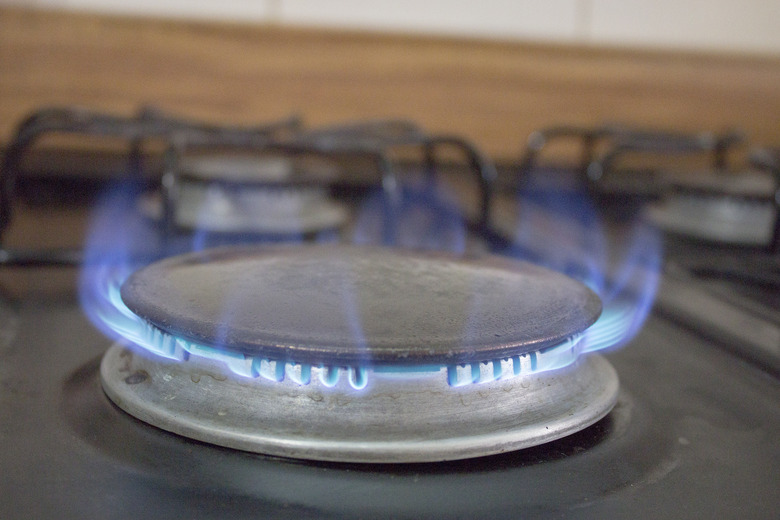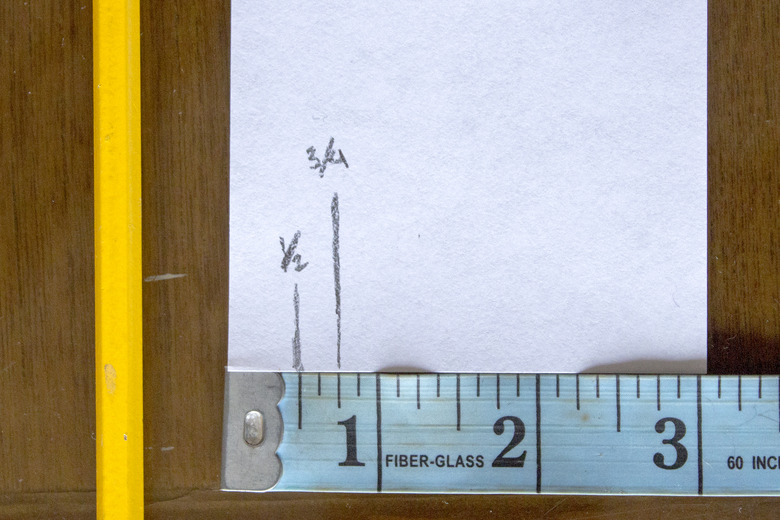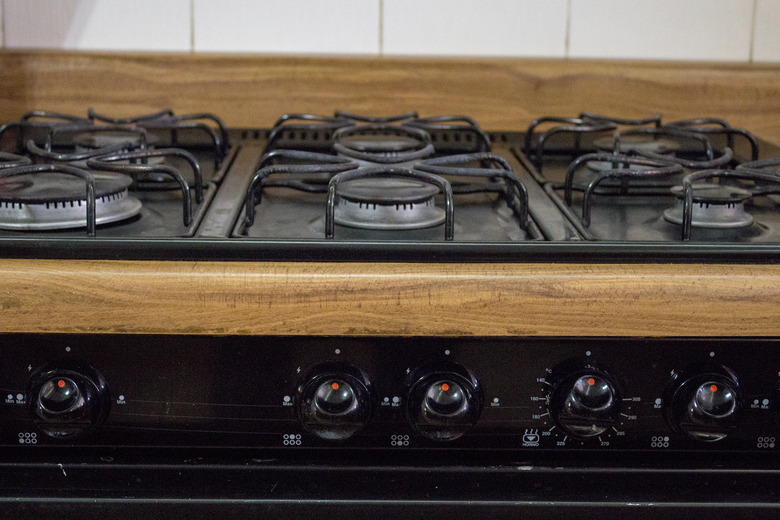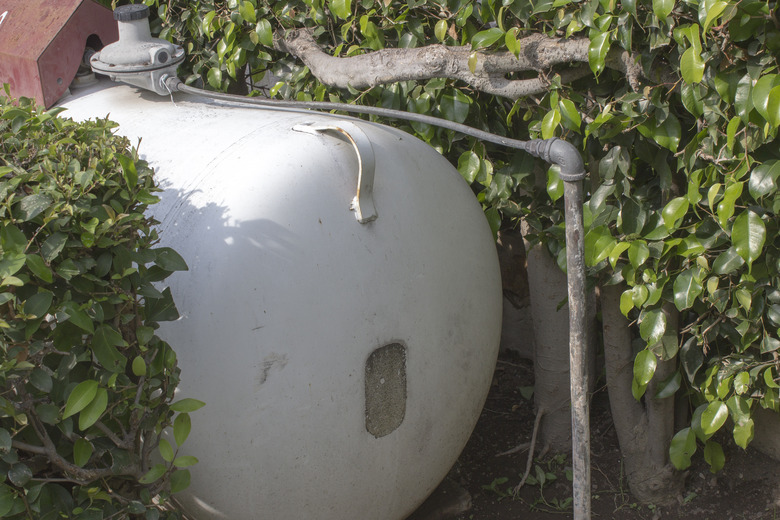How To Convert From Propane Gas To Natural Gas
On an equivalent unit basis, natural gas costs roughly one-third less than propane, also known as LP gas. This substantial cost difference may lead homeowners to consider converting from propane to natural gas once natural gas becomes available in their neighborhood. The conversion process can be complicated, and the cost can range from under $1,000 to more than $5,000.
Bringing in Gas
Once you decide to convert from propane to natural gas, your local gas company will extend a line from the gas main to your home and install a gas meter. A contractor of your choice connects the inside gas pipes to the meter and arranges for local inspection of the installation. Once the installation is approved, the gas company comes back to turn on the gas and start up the gas meter. Your contractor takes care of converting your appliances to natural gas, starts them up and checks for correct operation.
Larger Lines
Natural gas is less dense than propane. In many cases, a home piped for propane may need to be re-piped with larger lines for natural gas. Generally, propane distribution lines have only a half-inch inside diameter, but natural gas lines need to have at least a 3/4 inch inside diameter to deliver an equivalent amount of natural gas. Re-piping a propane home for natural gas requires hiring a licensed natural gas installer.
Converting Appliances
The density difference between propane and natural gas means that propane gas appliances such as furnaces and ranges must be converted to handle the "lighter" natural gas. Conversion involves replacing the propane regulators and orifices in the appliance with ones designed for natural gas. Conversion kits are available for many gas appliances, but the actual conversion work should be done by a licensed installer. Some propane appliances, such as water heaters, cannot be converted and must be replaced.
Dealing With the Tank
Once you have converted to natural gas, you'll deal with the propane tank you no longer need. If you own an above-ground tank, you can sell it. But if you leased the above-ground tank, you will have to call the propane supplier to take it away. For an in-ground propane tank, you must call the propane company to empty it, or you can simply use up the propane in the tank, then make the switch to natural gas and leave the tank in place. Depending on local codes, you may have to pay someone to dig up and remove the empty propane tank.




